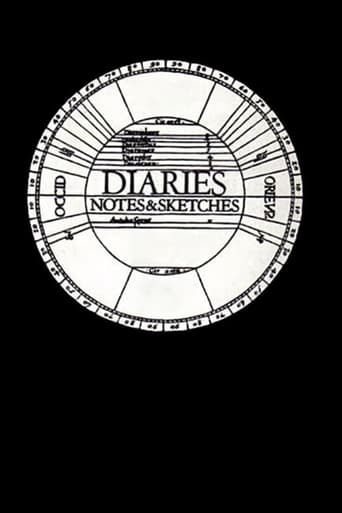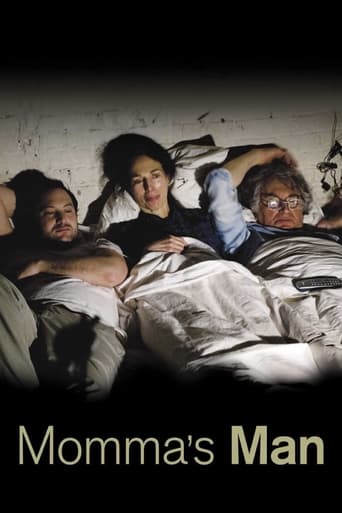

Ken Jacobs
A pioneer of the American film avant-garde of the 1960s and '70s, Ken Jacobs is a central figure in post-war experimental cinema. From his first films of the late 1950s to his recent experiments with digital video, his investigations and innovations have influenced countless artists. A New Yorker by birth, Jacobs graduated from City University to find himself in the midst of the downtown art scene of the 1960s, which included artists Robert Rauschenberg and Andy Warhol, beat writers Allen Ginsberg and Jack Kerouac; and the experimental theater troupes of Trisha Brown and Yvonne Rainer. Although Jacobs had studied painting with Hans Hoffman, he quickly gravitated to film, finding kindred spirits in radical filmmakers such as Jonas Mekas and Hollis Frampton. An early friendship with Jack Smith yielded several collaborations, including the seminal underground films Blonde Cobra (which Jonas Mekas dubbed "the masterpiece of Baudelairean cinema") and Little Stabs at Happiness, as well as a Provincetown beach-based live show, The Human Wreckage Review. Jacobs has long been a cinema activist. He was an integral part of Manhattan's burgeoning alternative film scene, which included venues such as the Film-Makers' Cooperative and The Bleecker Street Cinema (which notoriously premiered Blonde Cobra with Smith's Flaming Creatures) as well as his own loft, where the Kuchar brothers first screened their 8mm work. In 1966, he and his wife Flo founded Millennium Film Workshop, and he was a cofounder of one of the country's earliest departments of cinema, at Binghamton University. Jacobs has always been interested primarily in the act of viewing, rather than in textual decoding or analysis. As he points out, "my work is experiential, not conceptual. I want to work with experiences all the time." In this respect, his breakthrough was Tom, Tom the Piper's Son (1969-71). A landmark work of appropriation, the film takes as its source material a ten-minute short from 1905. During the course of Jacobs' two-hour film, this fragment from the dawn of cinema is subjected to extensive and varied re-photography, including manipulations of speed, light, and motion, as well as the minute examination of abstractly enlarged areas of the frame. A masterpiece of cinematic deconstruction, Tom, Tom the Piper's Son is, in its total concentration on the formal and material properties of the medium, perhaps the quintessential work of 1970s structuralist filmmaking. It was also an indication of the direction in which Jacobs would proceed, wherein actors and narrative would fall away, replaced by a concentration on the rigorous pleasures of the cinematic unconscious. As he has suggested, "there's already so much film. Let's draw some of it out for a deeper look, toy with it, take it into a new light with inventive and expressive projection. Freud would suggest doing so as a way to look into our minds."
Read bio at tmdb | Read bio at Wikipedia
- Born:
- May 25, 1933 In Williamsburg, Brooklyn, New York, USA
- Movie/TV Credits:
- 12
- First Appeared:
- In the movie Scotch Tape 1962-01-01
- Latest Project:
- Movie Diaries, Notes, and Sketches 2013-11-23
| Movie | What Is Cinema? | Self | 2013-09-06 |
| Movie | Diaries, Notes, and Sketches | Self | 2013-11-23 |
| Movie | Free Radicals: A History of Experimental Film | Himself | 2011-07-24 |
| Movie | Momma's Man | Dad | 2008-01-18 |
| Movie | Jack Smith and the Destruction of Atlantis | Self | 2007-04-11 |
| Movie | As I Was Moving Ahead, Occasionally I Saw Brief Glimpses of Beauty | Self | 2000-11-05 |
| Movie | Birth of a Nation | Self | 1997-08-06 |
| Movie | Jonas in the Desert | Self | 1994-01-01 |
| Movie | He Stands in a Desert Counting the Seconds of His Life | Self (archive footage) | 1986-02-22 |
| Movie | Lost, Lost, Lost | Self | 1976-09-14 |
| Movie | Blonde Cobra | 1963-04-08 | |
| Movie | Scotch Tape | 1962-01-01 |


